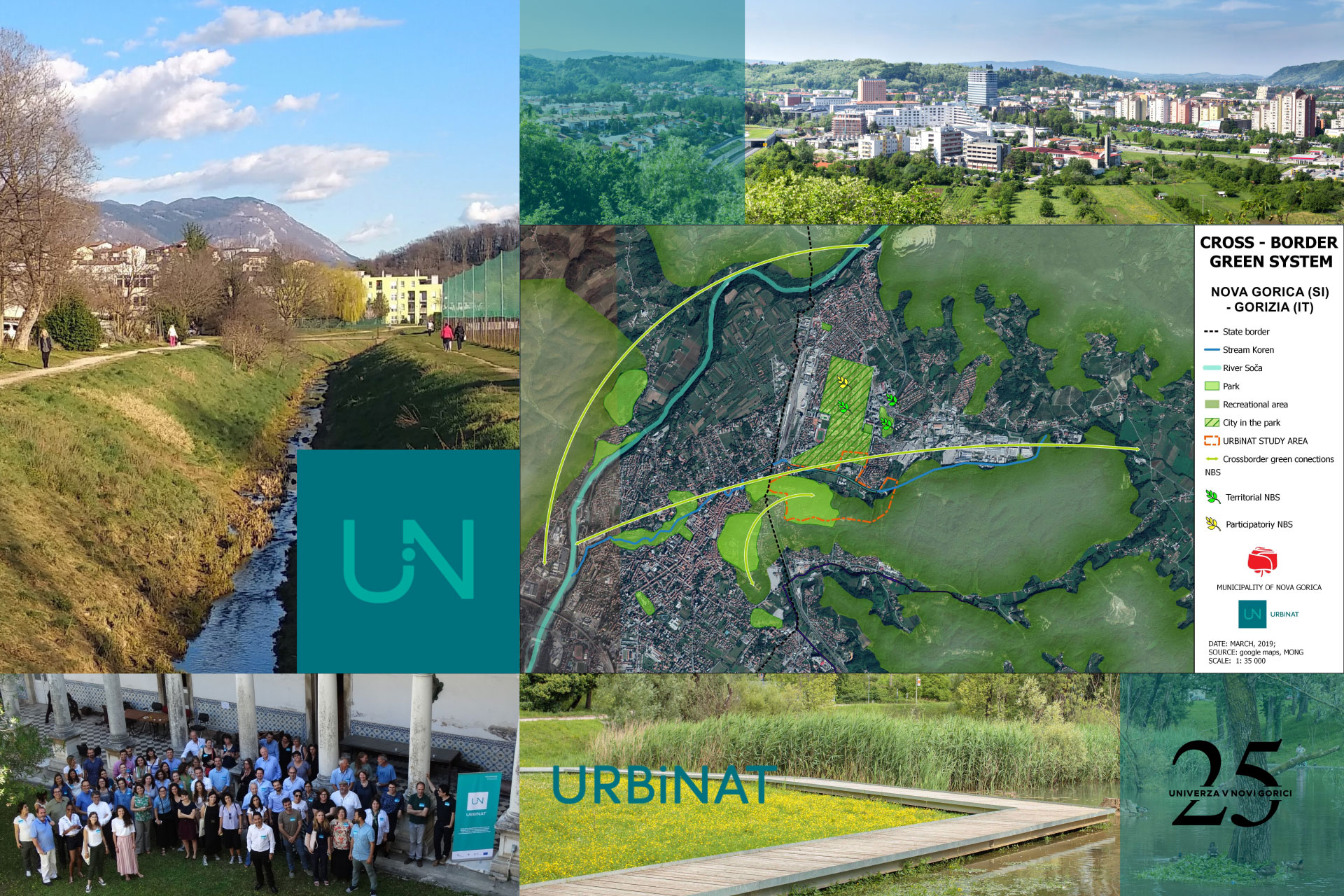
PROJECT
URBiNAT: Healthy Corridors as Drivers of Social Housing Neighbourhoods
The project, called URBiNAT as the Horizon2020 Project behind it, focuses on the regeneration and integration of deprived social housing urban developments through an innovative and inclusive catalogue of Nature-Based Solutions (NBS), ensuring sustainability and mobilizing driving forces for social cohesion. Interventions focus on the public space to co-create with citizens new urban, social and nature-based relations within and between different neighbourhoods. Taking the full physical, mental and social well-being of citizens as its main goal, URBiNAT aims to co-plan a healthy corridor as an innovative and flexible NBS, which itself integrates a large number of micro NBS emerging from community-driven design processes.
The URBiNAT project has three key objectives corresponding to three types of action:
– At the local level, to promote social cohesion through the activation of living labs and engagement of a Community of Practice;
– At a transversal level, to achieve new models of urban regeneration through an innovative public space: healthy corridors concept and the NBS catalogue;
– Widespread, with the monitoring, dissemination and market replication of the knowledge produced and demonstrated.
The Health Corridor is a ‘GREEN ARTICULATION’ designed as a pedestrian walkway/viaduct in the public space to integrate neighbourhoods into the urban structure. Each Health Corridor will integrate and link diverse NBS developed by the horizontal partners, deploying the NBS Catalogue and appropriate monitoring and evaluation methods and tool. This will be achieved by focusing on the citizens’ well-being in relation to energy, water, food, nature, mobility, participation, behavioural change, digital democracy, social cohesion and the solidarity economy.
Author

Saša Dobričič
Saša Dobričič is founding director of the doctoral programme in Cultural Heritage Studies, which has been jointly established between University of Nova Gorica and University IUAV of Venice. She is vice president of the UNISCAPE (European Network of Universities for the Implementation of the European Landscape Convention), member of the Slovenian national commission UNESCO and IAES (International Academy for Environmental Sciences) scientific committee member. Her research interests and contributions are related to the interpretation of the urban phenomena in relation to landscape, heritage and environment. She has promoted several international research initiatives: in 2010, Creative Cities, which historic urban landscape?, for Uniscape, Living Landscape, The European Landscape Convention in Research Convention, In 2013, Common Goods: out of property which rights for users? , currently she is involved in EU research initiatives dealing with the Re-naturing cities/ (H20202-URBINAT-Healthy corridors as drivers of social housing neighborhoods for the co- creation of social, environmental and marketable Nature Based Solutions) and Circular Economy (H2020-CLIC- Circular models Leveraging Investments in Cultural heritage adaptive reuse).
Mentor

Paola Corti
Paola Corti is a Project Manager at Politecnico di Milano - METID; she is involved in MOOCs design and production for Polimi Open Knowledge platform (www.pok.polimi.it). She coordinates the design of the courses and involves international testimonials, in order to collect experiences to be shown in the MOOCs. She is an expert in Open Education and she is involved at different levels in the OE global community. In Polimi she is involved in seminars and lessons about OE for teaching staff in order to promote OER adoption and creation. She co-chaired Open Education Global 2019 Conference, hosted by Politecnico di Milano in November 2019.
